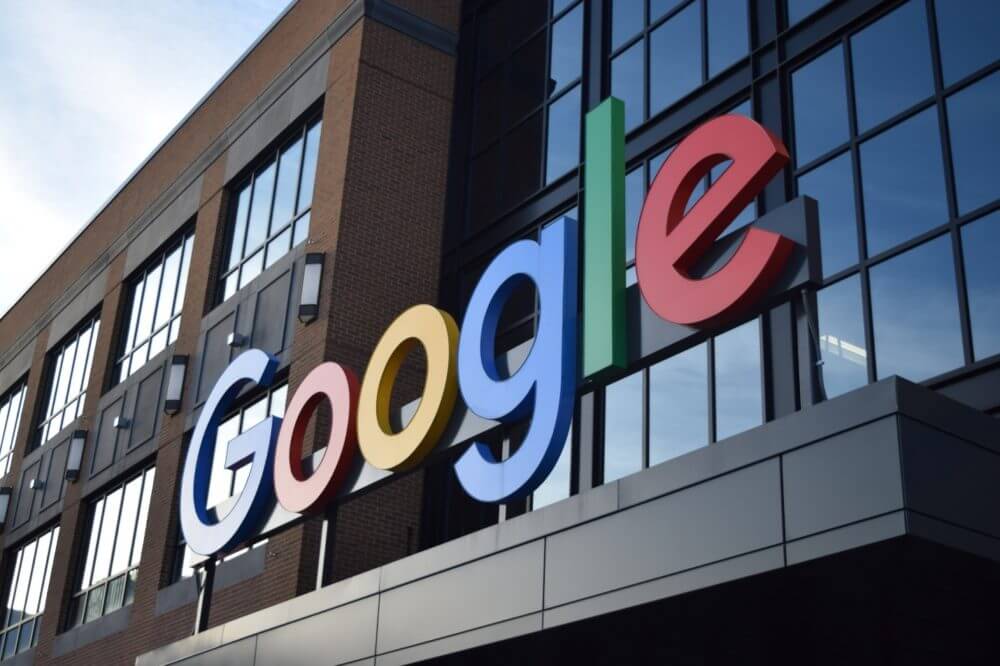
Alphabet’s Google Legal Strategy In Antitrust Battle
Quick Look:
- Non-Jury Trial Request: Google seeks a bench trial for the antitrust lawsuit, citing technical complexities best understood by a judge.
- DOJ Lawsuit: The Justice Department accuses Google of monopolistic practices in digital advertising, calling for divestiture of its ad manager suite.
- Strategic Defence: Google argues that historical antitrust cases typically involved non-jury trials, reinforcing its position.
In a surprising legal manoeuvre, Alphabet’s Google has requested a non-jury trial in the U.S. Justice Department’s high-profile lawsuit, which accuses the tech giant of engaging in anticompetitive practices within the online advertising marketplace. This legal battle, initiated by the Justice Department in January 2023, marks a critical moment in the ongoing scrutiny of Big Tech’s influence and business practices.
The Justice Department’s lawsuit alleges that Google has abused its dominance in the digital advertising sector and calls for the divestiture of the company’s ad manager suite. Google, however, argues that a jury trial would break with historical precedent. The company contends that the technical complexities of the case might be too challenging for a jury to grasp fully. Also, it is suggesting that a bench trial would be more appropriate.
Technical Complexity And Precedent
Google’s request for a non-jury trial underscores its belief that a judge could better understand the technical nature of the case than a jury. In its court filing, Google pointed out that the Justice Department’s own admissions about the case’s complexity support this stance. The company emphasised that the historical handling of similar cases typically involved non-jury trials, thus aligning with established judicial practices.
The Justice Department has not yet commented on Google’s filing. Nevertheless, the request highlights the strategic considerations at play in high-stakes antitrust litigation. The company’s argument centres on the notion that a detailed understanding of digital advertising technologies is crucial for a fair case assessment. This perspective aligns with the broader debate about how best to regulate and oversee complex technological ecosystems.
The Broader Implications For Google’s Business
Google’s online advertising network, including its ad manager, is a significant component of its business, contributing 12% of its revenue in 2021. The outcome of this lawsuit could have far-reaching implications for Google’s financial health and operational strategies. Beyond advertising, Google’s business model is deeply intertwined with its search engine and cloud services, making any enforced changes potentially disruptive.
Despite the legal challenges, Google continues to innovate and expand its offerings. The company is committed to democratising artificial intelligence (AI), with over 1.5 million developers already utilising its Gemini models. Also, these AI models are integrated across various Google products, including Search, Photos, Workspace, and the Android operating system. A notable innovation is the introduction of AI Overviews in Search, which leverages Gemini’s capabilities to enhance the user experience. This feature allows users to ask complex questions and search using photos, delivering more relevant results. Also currently rolled out in the U.S., Google plans to expand this feature internationally. This reflects its continuous push towards enhancing its services and maintaining its market leadership.
Alphabet’s Google has requested a non-jury trial in response to the Justice Department’s antitrust lawsuit. This strategic move could shape the future of the company’s operations. By emphasizing the technical complexities of the case, Google seeks a judicial assessment it believes will be more equitable. As this legal battle unfolds, industry observers and stakeholders will closely watch the broader implications for Google’s advertising revenue and its innovations in AI technology. The outcome could redefine the digital advertising market’s competitive landscape and set new precedents in antitrust regulation.




